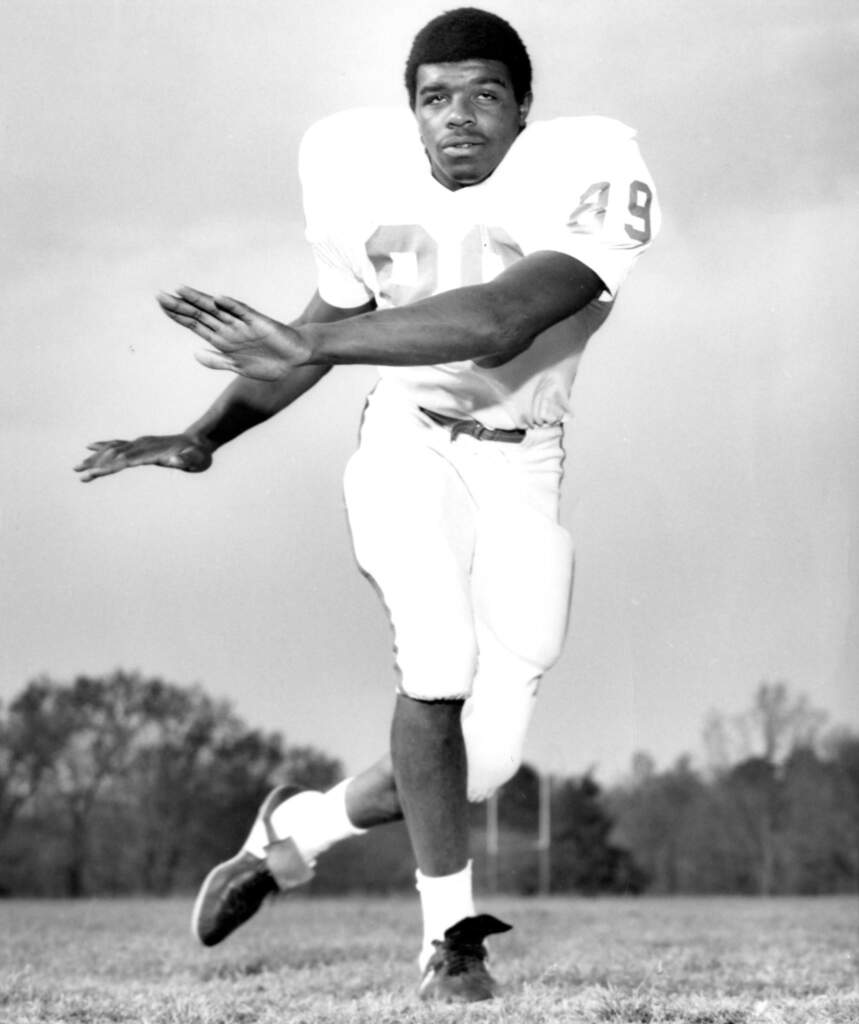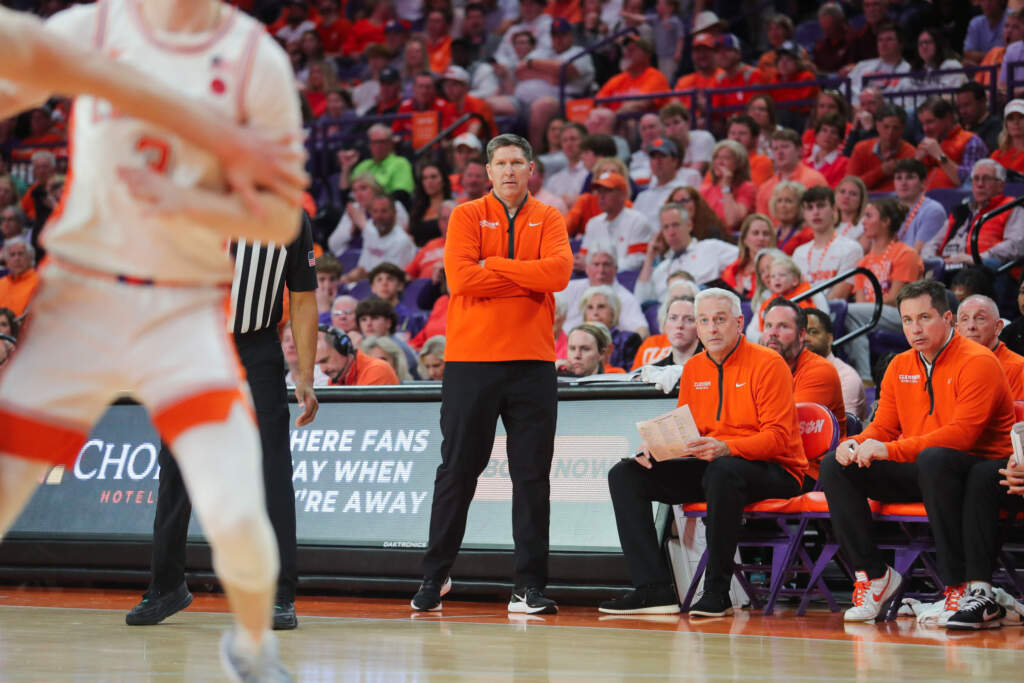STUDENT-ATHLETE CODE OF CONDUCT
Student-Athlete Use of Public Media / Social Networking
Public Media refers to technologies used to communicate information and whose mission is to inform the public. This includes print outlets, traditional radio and television broadcasts, and digital media platforms including chat rooms and social networking mechanisms.
Social Networking refers to the use of sites such as Facebook.com, MySpace.com, Xanga.com, Friendstar.com and others that offer an opportunity to interact socially with new people, and connect with friends and family.
Clemson University Athletic Department does not restrict use of public media outlets including social networking. However, student-athletes should understand that their actions in public media are subject to the same standard of conduct expected of student-athletes in all other aspects of their student-athlete life. Posted activities that appear to violate the code of student-athlete conduct will be investigated and managed appropriately.
Remember:
* Once information is posted, it is in the public domain. It can be accessed, and used without your permission or knowledge. * Pictures taken at parties, especially with cell-phones, do not always exhibit model behavior. Wait at least a day, and then carefully review before posting. * Posting pictures of others may be considered a violation of their privacy – always seek permission first (when they are in a clear state of mind to make that decision). * Family and roommates might not appreciate you posting information that could connect you with them. * What may seem to be harmless fun might not be viewed as such by college officials, parents, and prospective employers.
Consider:
* Parents of prospective student-athletes can check pages of current student-athletes and base their decision of the team, athletic department and University on what they see there. * Reporters can scrutinize a student-athlete’s information in the process of adding color to a story. * Posters can become victims of identity theft. * Your safety, security and privacy can be compromised if fans, rapists, stalkers, groupies and thieves obtain personal information such as where you live, who your friends are, and your contact information (including class schedules). * Opposing teams can obtain information, which can be used to taunt you during competition. * Those who you invite to be your “friends” should be carefully vetted since many people claim to be friends of athletes to get close to the team and obtain inside information that may be widely disseminated. * Remember that these “friends” to whom you give access, have their own friends who you may, or may not want close to you. * Potential employers can access profiles before they make interviewing / hiring decisions.
Do Not:
* Post personal contact information. * Post pictures or information that would embarrass you or others.
Do:
* Set your privacy settings to help keep your identity information safe. * Keep passwords private – even from friends. * Post general information (e.g. Birthday November 1 – no year)

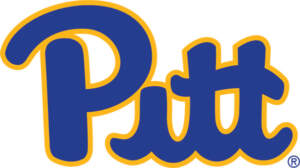 Pitt
Pitt 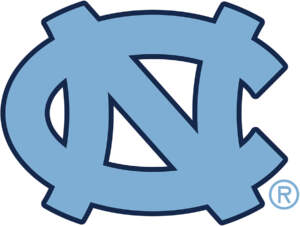 North Carolina
North Carolina  Elon
Elon  SMU
SMU  Syracuse
Syracuse  Alabama
Alabama 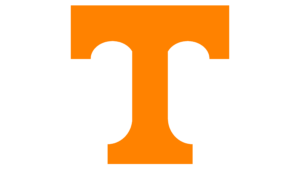 Tennessee
Tennessee  Charlotte
Charlotte  USC Upstate
USC Upstate  Ohio State
Ohio State 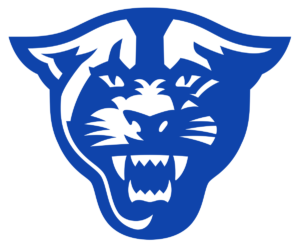 Georgia State`
Georgia State`  Ohio University
Ohio University  Virginia Tech
Virginia Tech  Indiana
Indiana 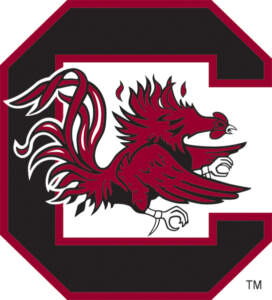 South Carolina
South Carolina 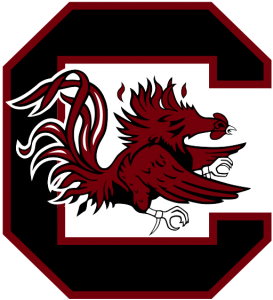 South Carolina
South Carolina 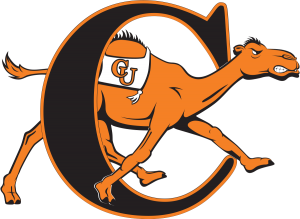 Campbell
Campbell 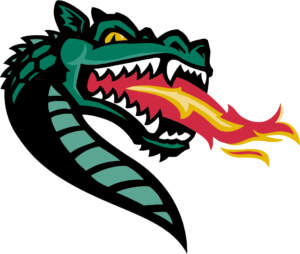 UAB
UAB 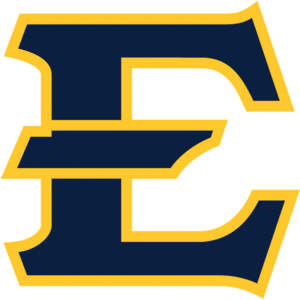 East Tennessee State
East Tennessee State  LSU
LSU 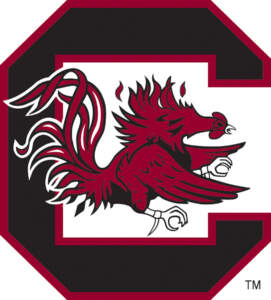 South Carolina
South Carolina 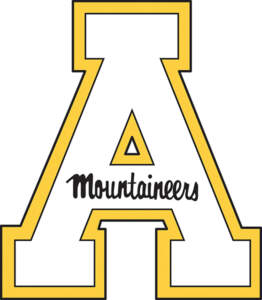 App State
App State 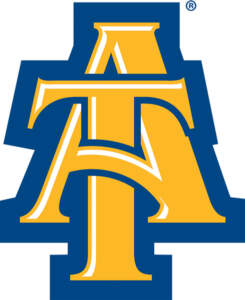 North Carolina A&T
North Carolina A&T  Charlotte
Charlotte 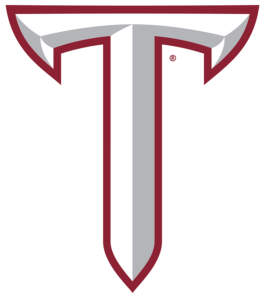 Troy
Troy  Georgia
Georgia  VCU
VCU 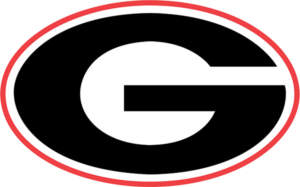 Georgia
Georgia 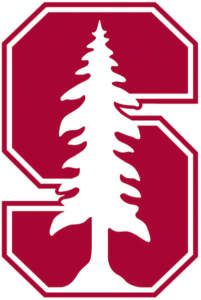 Stanford
Stanford 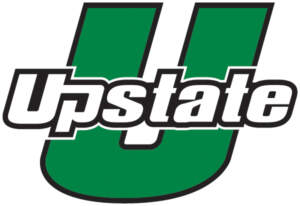 USC Upstate
USC Upstate 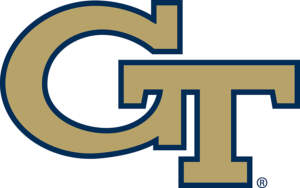 Georgia Tech
Georgia Tech  Wofford
Wofford  California
California 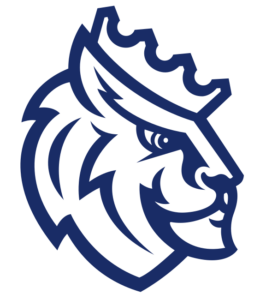 Queens
Queens  Georgetown
Georgetown 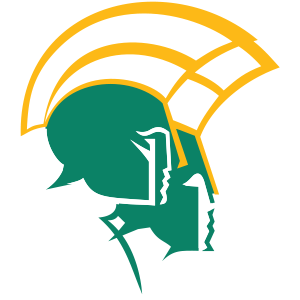 Norfolk State
Norfolk State 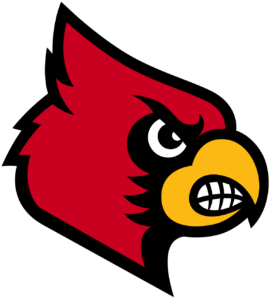 Louisville
Louisville 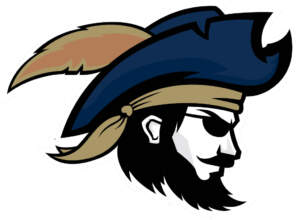 Charleston Southern
Charleston Southern  Syracuse
Syracuse 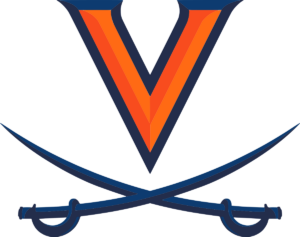 Virginia
Virginia  Florida State
Florida State  Wake Forest
Wake Forest 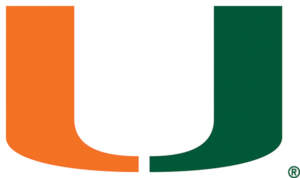 Miami (Fla.)
Miami (Fla.)  Notre Dame
Notre Dame 


